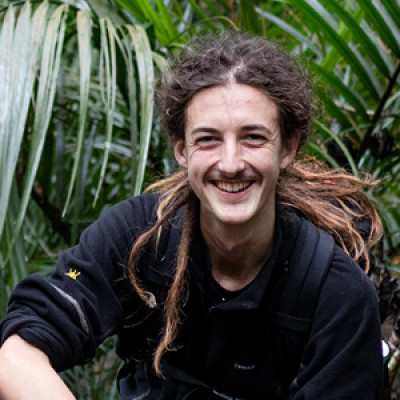New Zealand Certificate in Pest Operations (Level 3)
This fees free programme will give you the base skills and tools to help fill the shortage of trained pest operators and contribute to New Zealand becoming predator-free by 2050. You’ll learn trapping and techniques for controlling rats, stoats, ferrets and possums (some of our most destructive animal pests), as well as methods for controlling pest plants.
With a mix of theory and hands-on learning, you’ll also cover topics such as animal physiology and welfare, personal safety in the outdoors, firearm safety and legislation.
The first phase of the project will reduce possum numbers to zero density on farm, urban and conservation land, over 8,600 hectares. There is a massive shortage of trained pest control operators.
Programme Specific Information
What can I expect out of this programme?
The purpose of this New Zealand Certificate is to recognise the skills and knowledge of individuals who are able to safely carry out pest control or pest monitoring in a rural environment. The programme is targeted at individuals who wish to enter the pest operations industry.
What will I learn and how long will I be studying for?
This 15 week hands-on programme prepares you to work in environmental pest control. You will gain practical experience in pest control through trapping for controlling rats, stoats, ferrets and possums – some of our most destructive animal pests.
You will learn to identify flora and fauna as well as methods for controlling pest plants, and how to navigate and complete an expedition into remote back country. You will develop habits for communicating, problem-solving and working safely and effectively. Through a mix of theory and hands-on learning, you will also cover topics such as animal physiology and welfare, personal safety in the outdoors, firearm safety and legislation.
Graduate information
Entry Requirements
- Open entry.
Additional Course Related Costs
- Good Quality Tramping Boots $200-$800
- Light weight fluoro vest (with zip) $10-$50
- Good Quality All Weather Jacket $130

My passion for conservation came from the Pest Operations programme. Starting with no experience or prior knowledge, this course has been hugely rewarding for me as it has opened my eyes to a new way of learning and a better appreciation for the nature and wildlife in NZ. I am now enthusiastic about a topic I had no idea existed until now, am optimistic for my future career, and excited for all the things I will see and people I will meet. I have learned that pushing yourself into uncomfortable teritory can have great outcomes.
Billy Murrell
Conservation
Changes for new learners
WITT and this programme are part of Te Pūkenga – New Zealand Institute of Skills and Technology .

